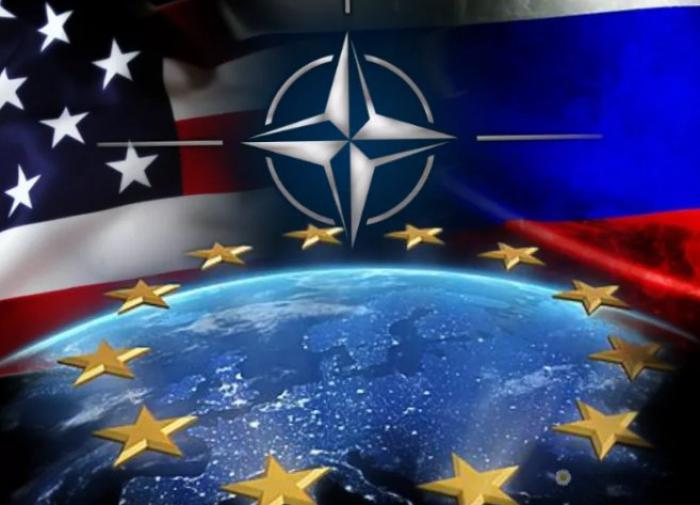Russian-NATO summit: First step towards war made
The long-awaited negotiations between the Russian Federation and the United States ended in nothing, although they had had an amazing start. Moscow was prepared for such an outcome.

It appeared prior to the negotiations that they would take place as a conversation between two deaf people. The United States and NATO are unwilling to listen to what Russia is trying to tell them.
Russian Deputy Foreign Minister Sergei Ryabkov said in an interview with RIA Novosti before speaking in Geneva that it was difficult for the Americans to conduct a dialogue with Russia because the UK, Poland, Lithuania, Latvia, Estonia and other "younger brethren" were watching them.
The Geneva summit was no success, but Russia took advantage of it to express its thoughts clearly to everyone.
At one point of history, Russia failed to stop NATO from expanding. A lot of things have changed since then. Moscow does not want NATO to expand any further, and such a stance annoyed even neutral states, such as Finland, for example. Therefore, Moscow's requirement not to incorporate any new members of the alliance sounds unreal and unacceptable for NATO.
Some assumed that in order to stop NATO, Russia could become part of it. If it does not happen, Russia would fall victim to China's expansion one day. However, Russia used to put forward such an initiative in the past.
The idea was first voiced in 1954, when the USSR announced the country's wish to join the alliance in neutral status. The initiative was dismissed.
Russian President Vladimir Putin was next, but the outcome was the same. NATO preferred to change the subject.
It is an open secret that it is impossible to reshuffle any roles in the Euro-Atlantic geopolitical spectacle. As NATO First Secretary General Hastings Ismay said, the alliance was created to keep the Soviet Union out, the Americans in, and the Germans down. Russia, as we can see, continues to play the role of the Soviet Union in this configuration, and no one is going to change anything at this point.
At the same time, as a result of WWII, the United States developed too broad a view of its allies. In too many cases, those "allies" are small, weak and militarily useless dependents, The National Interest wrote.
Such a state of affairs may put the United States in a stalemate.
When US officials said that the regimes that Washington had established through military force in Afghanistan and Iraq were allies too, it became clear that the Americans had lost even the smallest understanding of the concept. This aspect became as plain as the day when their Afghan client collapsed overnight in the face of the Taliban* military offensive.
In this situation, NATO members such as
- Albania,
- Slovenia,
- Montenegro
- and North Macedonia
are simply irrelevant from the security standpoint of the United States. They are potentially dangerous paths that could trigger a conflict between the United States and Russia.
Russia is fed up with NATO's expansion. She really is. The incorporation of the Baltic republics in 2004 became the most dangerous step in this process. The constant assistance that Ukraine has been getting for years now puts the United States in a very dangerous position. Kiev has this glimmer of hope about Crimea coming back to Ukraine again. Ukraine's behavior has become alarmingly belligerent. Ukraine does have the potential to drag the United States and NATO into a dangerous war with Russia. It is not really clear who in the West actually wants this to happen. If any outcast can drag their patron into a catastrophic war, then this organisation is dangerous to all.
*terrorist organisation, banned in Russia
Subscribe to Pravda.Ru Telegram channel, Facebook, RSS!


